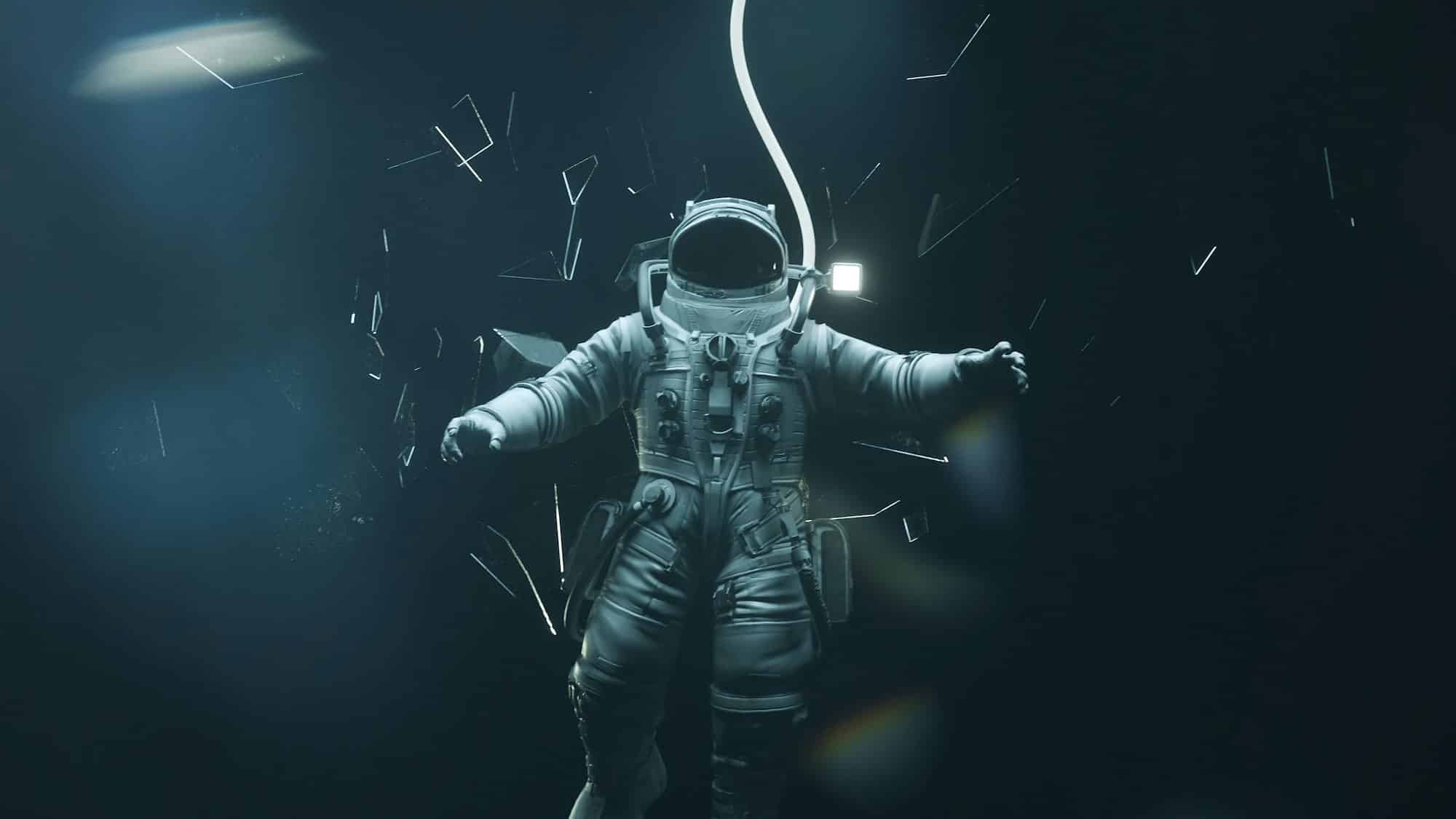What Are the Mental Health Impacts of Long-Duration Space Missions on Astronauts?

In the quest for space exploration, the human elements often seem overshadowed by the technological achievements. However, the mental health impacts of long-duration space missions on astronauts are a critical area of concern that deserves attention. Now, more than ever, there is a growing awareness of the psychological challenges associated with space travel. Ensuring the well-being of astronauts is not just about maintaining their physical health but also their mental health.
The Psychological Stressors in Space
There are a range of unique stressors that astronauts face during their extended stays in space. These range from isolation and confinement to the ever-present threat of danger, all of which can have severe psychological implications.
A découvrir également : How Can Nutrigenomics Inform Personalized Diet Plans for Metabolic Syndrome Management?
Isolation and Confinement
Astronauts on long-duration space missions often experience a kind of isolation that is alien to most of us on Earth. They are cut off from their families, friends and the familiar comforts of home. This isolation is magnified by the physical confines of a space vessel. The confined conditions aboard a spacecraft can lead to feelings of claustrophobia and increase the likelihood of interpersonal conflicts among the crew.
Threats of Danger
The inherent dangers of space travel also contribute to psychological stress. The constant possibility of equipment failure, the threat of radiation exposure, and the reality of living in a hostile, alien environment can instill a persistent state of anxiety. This perpetual sense of danger can lead to chronic stress, which can have detrimental effects on an astronaut’s mental health.
A lire également : What Are the Best Strategies to Encourage Physical Activity in Sedentary Office Workers?
Mental Health Challenges in Space
The mental health challenges that astronauts face while on long-duration space missions are varied. They include sleep disturbances, mood disorders, and cognitive impairment, among others.
Sleep Disturbances
Sleep is crucial to our overall well-being, and it’s no different for astronauts. However, the unconventional conditions in space can disrupt normal sleep patterns. The rapid cycle of light and dark aboard a spacecraft can confuse an astronaut’s circadian rhythm, leading to irregular sleep patterns and sleep deprivation. This lack of quality sleep can exacerbate other mental health issues, such as depression and anxiety.
Mood Disorders
The isolation, confinement, and constant danger that astronauts face in space can also lead to mood disorders such as depression and anxiety. Feelings of loneliness and detachment can trigger depressive episodes, while persistent worries about their safety can manifest as anxiety. The impact of these mood disorders can be profound, affecting an astronaut’s ability to perform their duties and potentially compromising the success of the mission.
Cognitive Impairment
Emerging research suggests that extended stays in space can also result in cognitive impairments. This cognitive decline may be due to a combination of factors, including the effects of microgravity on brain function, increased exposure to radiation, and the chronic stress of living in space. Cognitive impairments can impact an astronaut’s decision-making abilities and performance, posing a significant risk to both the individual and the mission.
Mitigation and Management Strategies
Given the potential mental health impacts of long-duration space missions, NASA and other space agencies have implemented various strategies to mitigate and manage these risks.
Psychological Screening and Training
Astronauts undergo rigorous psychological screening before selection, and mental health training is a key part of their preparation. This training aims to equip astronauts with techniques to manage stress, resolve conflicts, and maintain psychological resilience in the face of adversity.
In-flight Support
In-flight support includes regular communication with psychologists on Earth, access to mental health resources, and even medication if necessary. The International Space Station (ISS) also boasts an "integrated behavioral health and performance plan" that monitors astronaut well-being and provides interventions when needed.
Post-flight Rehabilitation
After returning from their mission, astronauts receive comprehensive mental health support to help them readjust to life on Earth. This post-flight rehabilitation includes counseling, therapy, and other mental health services to address any lingering issues and ensure the astronaut’s long-term well-being.
A Call for Continued Research and Support
While significant strides have been made in understanding and addressing the mental health impacts of long-duration space missions, there is still much work to be done. As humanity’s ambitions in space grow, so too does the need for continued research and robust support systems. Future missions to Mars and beyond will only increase the duration and intensity of the psychological stressors faced by astronauts. In this light, maintaining their mental health is not just an ethical imperative but a critical mission parameter. We must continue to invest in the mental well-being of these brave explorers as they push the boundaries of human achievement and knowledge.
The Importance of Social Interaction
It can’t be overstated that human interaction is a significant factor in mental well-being. Astronauts on long-duration space missions experience an extreme form of social isolation. They are separated from their loved ones and their regular social circle, and are confined to interact with a small group of people in close quarters for an extended period. The impact of this isolation and confinement cannot be underestimated.
During these missions, the only social interactions astronauts have are with their mission colleagues and with ground control personnel via communication links. While communication technology has improved dramatically, it cannot replace face-to-face interaction. Delays in communication with ground control can also add stress and feelings of disconnection from Earth.
Furthermore, the small crew size often leads to a lack of privacy, which can be mentally exhausting. The balance between providing sufficient social interaction and ensuring privacy is a delicate one, and mismanagement can lead to interpersonal conflicts within the crew. These conflicts can have severe consequences on the mission, affecting team cohesion, morale, and overall mission performance.
Existing methods to mitigate these effects include pre-flight team building exercises, in-flight support from psychologists, and digital tools for maintaining connections with friends and family on Earth. However, the efficacy of these methods in truly alleviating feelings of isolation and confinement remains uncertain.
Future Challenges and Opportunities
As we look toward future long-duration space missions, such as those aiming to reach Mars, the mental health impact on astronauts will likely become even more significant. The distances involved mean that communication delays with Earth will increase, the duration of the mission will be extended, and the physical and psychological stressors will be heightened.
However, these challenges also present new opportunities for research and innovation. For instance, virtual reality technology could be utilized to simulate more natural environments and provide a form of escape from the confined spacecraft. Further research into the effects of microgravity on the brain may also lead to new interventions to prevent cognitive decline.
In addition, there is also scope for more in-depth psychological screening and training to better prepare astronauts for the unique challenges of space travel. This could include training in conflict resolution, stress management techniques, and potentially even simulations of long-duration space travel to better acclimatize astronauts to the conditions they will face.
Conclusion
The mental health impacts of long-duration space missions are a complex and multi-faceted issue. While significant progress has been made in understanding and mitigating these effects, there remains a great deal of work to be done. As we embark on a new era of space exploration, it is crucial that we continue to prioritize and invest in the mental well-being of astronauts. Their courage and dedication to exploring the final frontier make it our responsibility to ensure their psychological well-being is adequately supported. With continued research and innovation, we can help these brave explorers push the boundaries of human achievement and knowledge, while also safeguarding their mental health.
